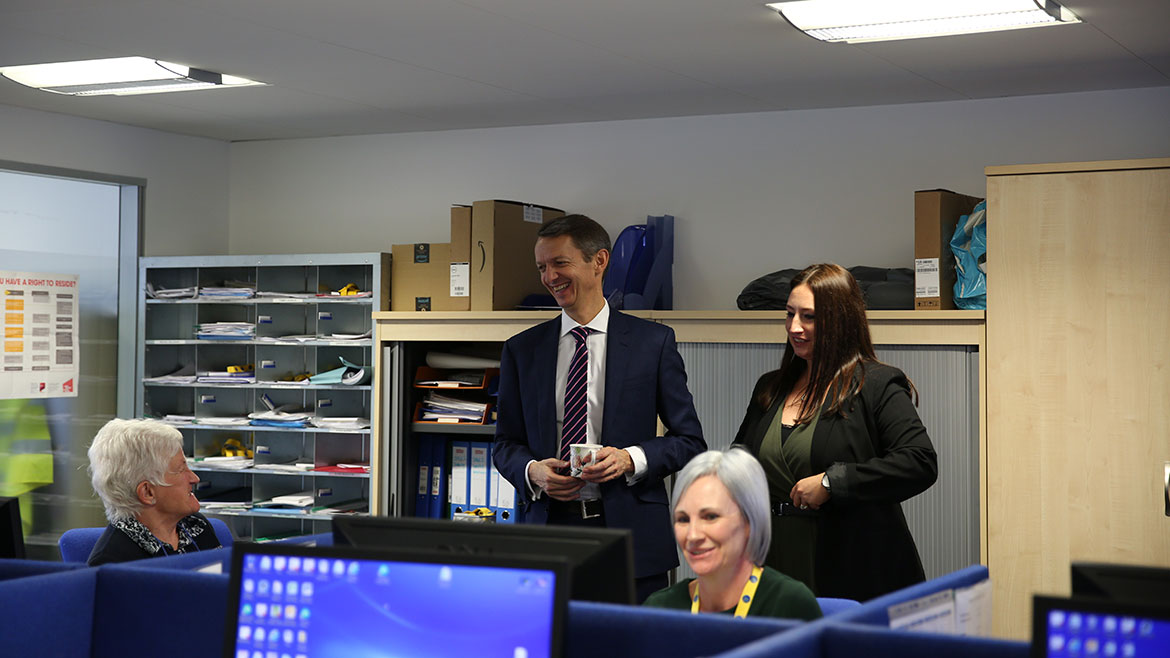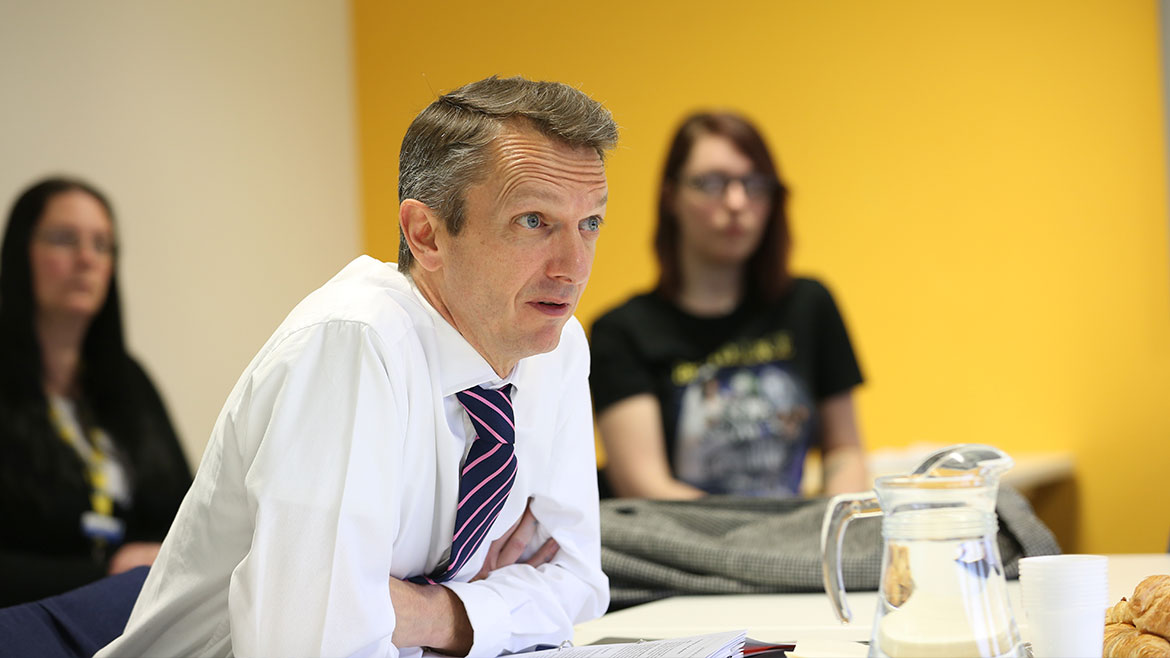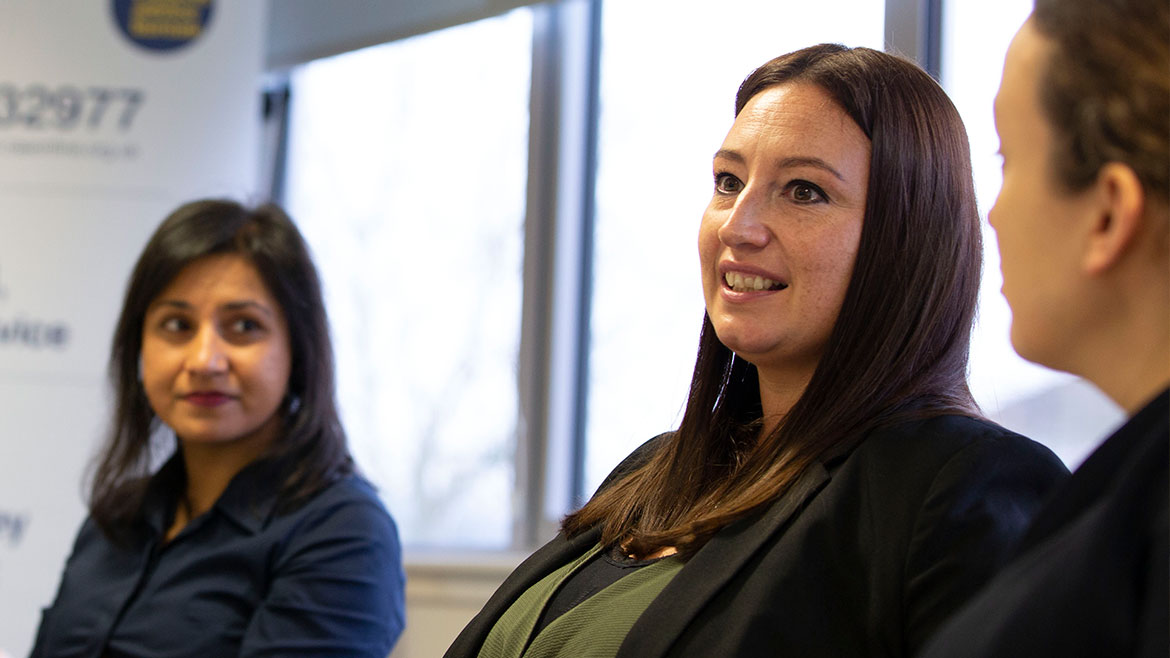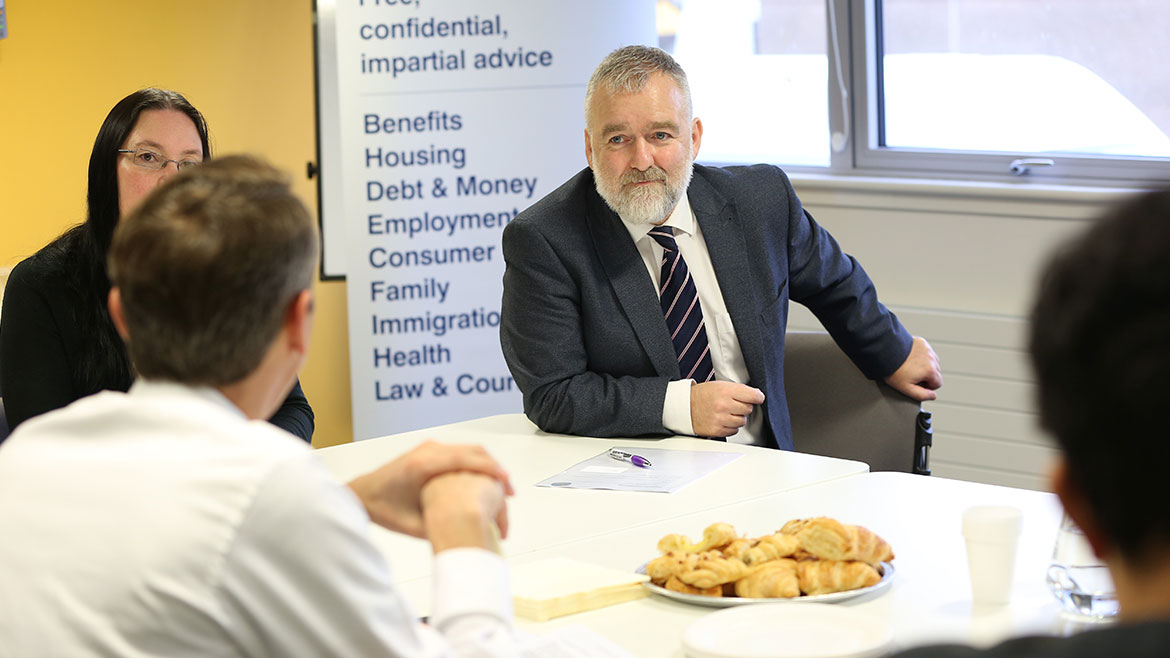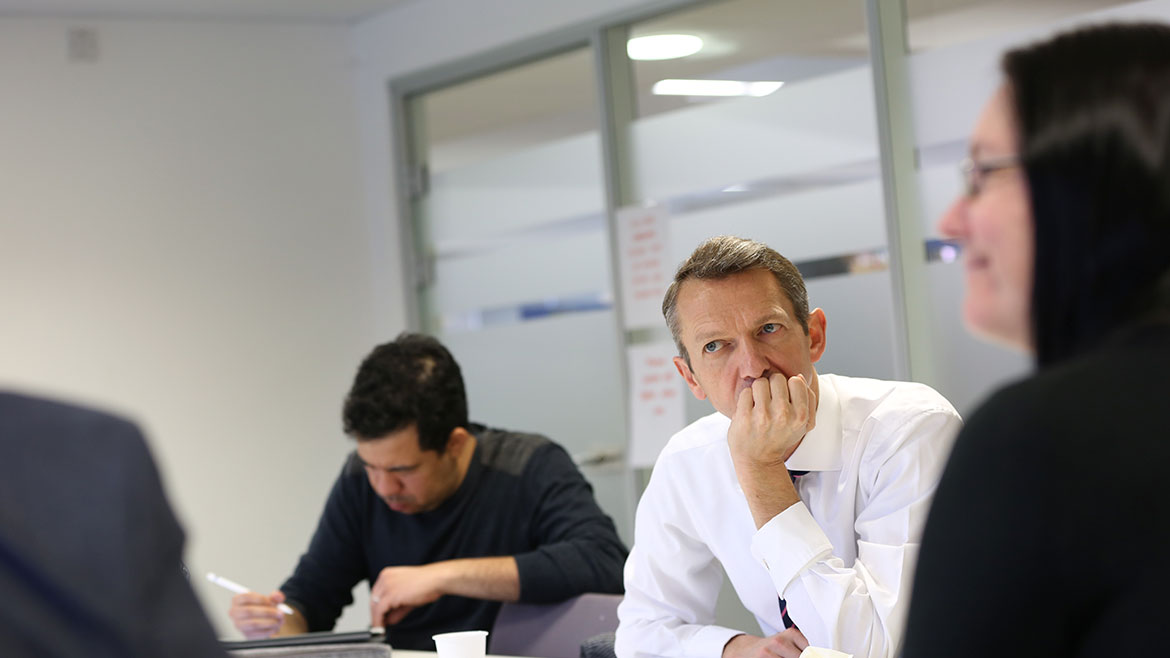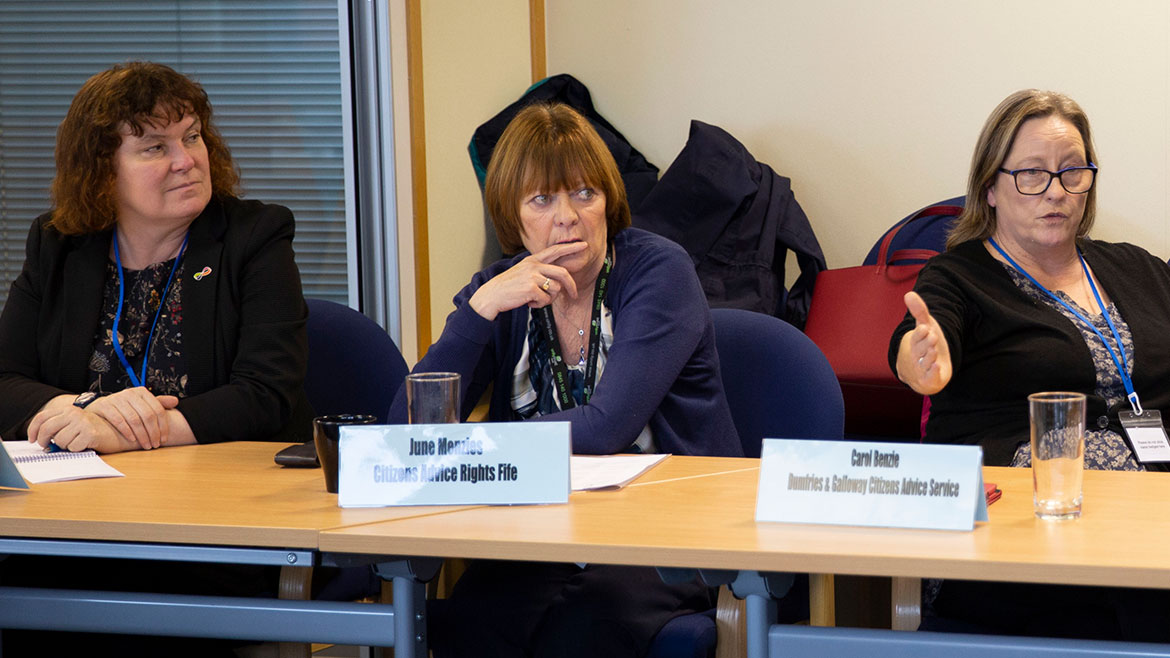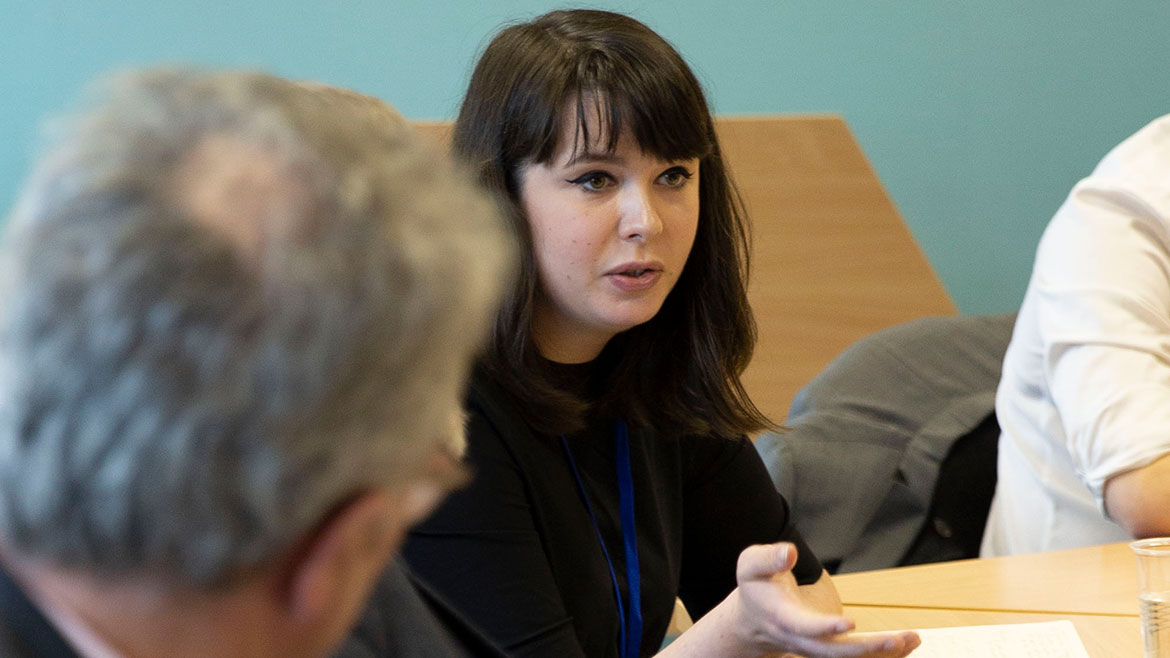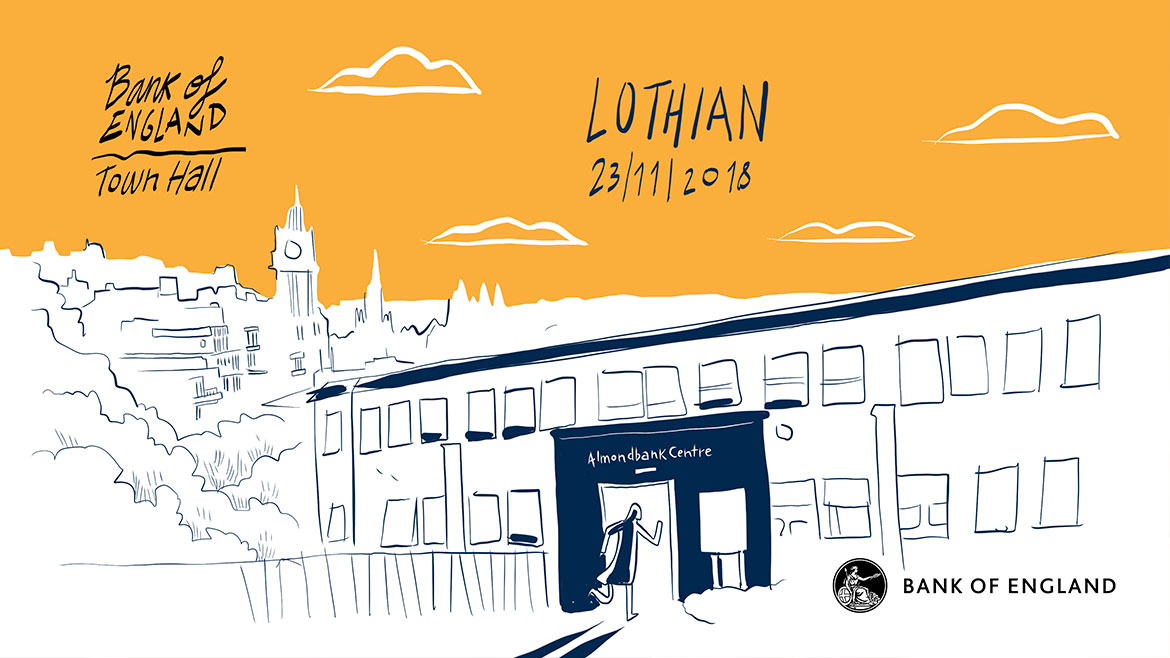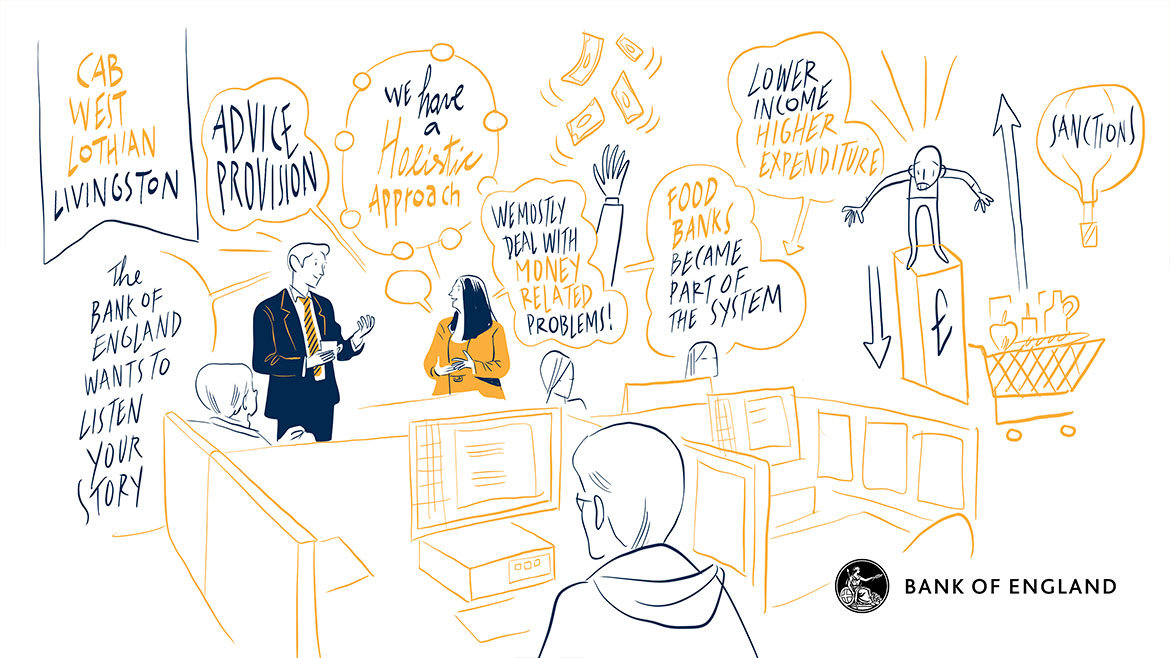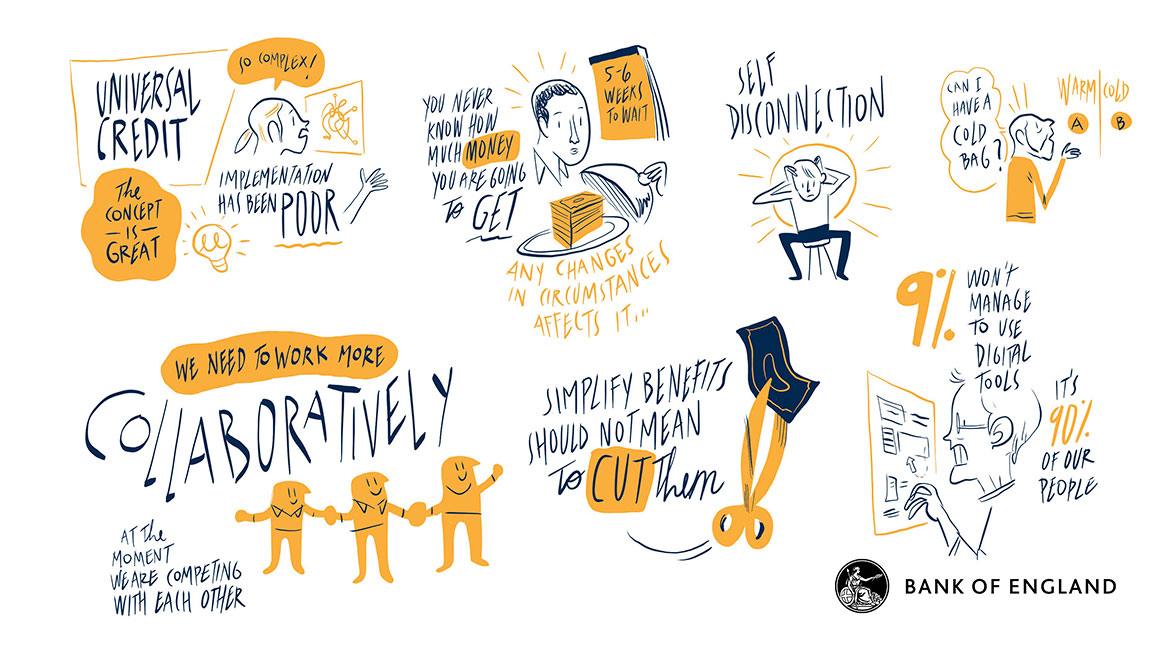My latest Town Hall visit took me to Livingston in West Lothian as part of a day of meetings organised by Citizens Advice Scotland. Livingston, which was one of several new towns built in Scotland during the post-war period, sits in the M8 commuter belt, 15 miles from Edinburgh and 30 miles from Glasgow.
There’s been a Citizens Advice Bureau (CAB) in Livingston pretty much since the town was built. Opened in 1969, it’s been supporting local people with a range of social, legal, financial and personal problems ever since. These days the bureau is part of a modern, bustling community centre in the town’s Craighill district which is also home to facilities including the local library and a credit union.
I was told that co-housing the CAB with a range of other community services had helped to reduce the stigma of seeking out help from the service. The community centre was certainly a bustling hub of activity. A children’s party was in full swing in the centre’s community café when we arrived.
The mood wasn’t quite so upbeat in the CAB. Chatting to centre manager Karen Nailen, her staff and volunteers, the breadth of challenges facing the 7,500 or so clients who use the centre each year soon became clear. Naturally our focus was on money issues. And the word ‘poverty’ cropped up regularly too despite one volunteer telling me she’d like to see it banned: “If you’re skint, you’re skint,” she told me.
A big message was that the balance of problems had shifted from dealing with debt to the sheer challenge of making ends meet. Increasingly, that means helping people who are in work and have mortgages. Many people said that their incomes have failed to keep pace with rises in the cost of living. As one volunteer put it: “People just don’t have enough money to get by”. You didn’t have to look far to understand why.

